- Free schools for IDP children in Arakan State struggle to stay open amid funding shortfall
- Female-headed IDP households in Ponnagyun Twsp struggle as commodity prices surge
- Min Aung Hlaing likely to take State Counsellor role in post-election government formation: Analysts
- Hindus express hope for educational reform under AA administration
- Arakanese zat pwe performers struggle to survive as conflict halts traditional shows
Junta conduct jeopardises prospects for resolution of Myanmar’s political crisis: PPST leader
The current conduct of Myanmar’s military regime could lead to difficulties in attaining a resolution to the country’s political crisis, said Nai Aung Ma Ngay, acting leader of the Peace Process Steering Team (PPST).
07 Dec 2021
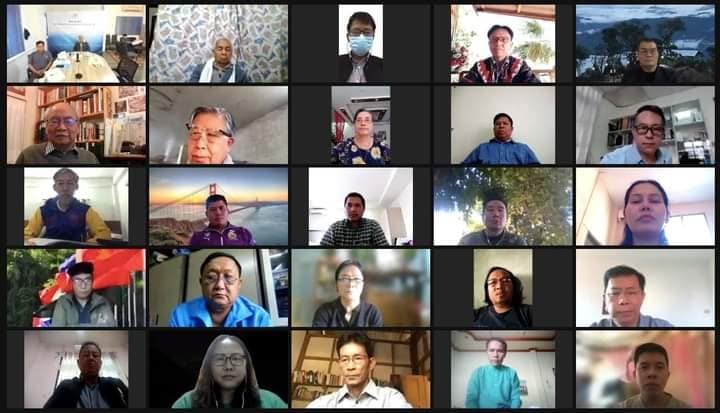
DMG Newsroom
7 December 2021, Yangon
The current conduct of Myanmar’s military regime could lead to difficulties in attaining a resolution to the country’s political crisis, said Nai Aung Ma Ngay, acting leader of the Peace Process Steering Team (PPST).
Nai Aung Ma Ngay made the remarks in a speech on December 7 at the conclusion of a two-day meeting of the PPST, which is made of the 10 ethnic armed groups signatories to the Nationwide Ceasefire Agreement (NCA).
“I denounce the junta’s brutal dispersal of peaceful protestors in Yangon’s Kyimyindaing Township, as I have great regard for civilians’ protection,” he said.
On December 5, a junta vehicle rammed into a group of anti-regime protestors marching along Pan Pin Gyi Road in Yangon, killing at least two people and injuring several others as security personnel subsequently opened fire.
“The PPST believes that negotiation is the best way to resolve a political crisis, and it will seek a method to solve it by talking with the relevant political forces and the international community,” Nai Aung Ma Ngay said.
This week’s PPST meeting set out new processes for achieving its seven political goals.
The PPST said it does not accept the verdicts and prison terms handed down by a special junta court on December 6 against deposed President U Win Myint and State Counsellor Daw Aung San Suu Kyi.
More than 10 months since the military staged a coup on February 1, ousting Daw Aung San Suu Kyi’s elected government, protests against the military takeover have continued across much of the country.
As of December 7, at least 1,305 people had been killed and 10,756 had been arrested by the military regime since it seized power, according to the Assistance Association for Political Prisoners (AAPP).




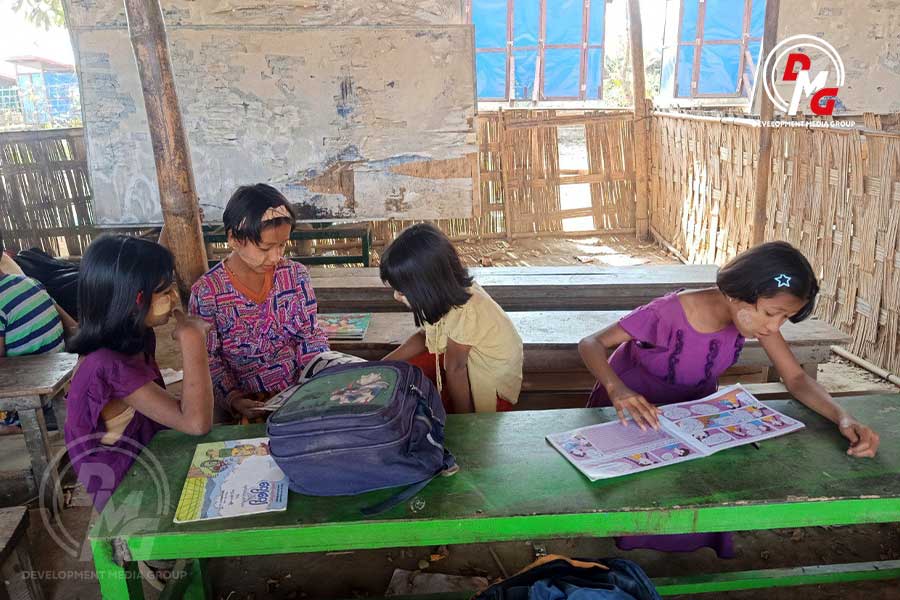
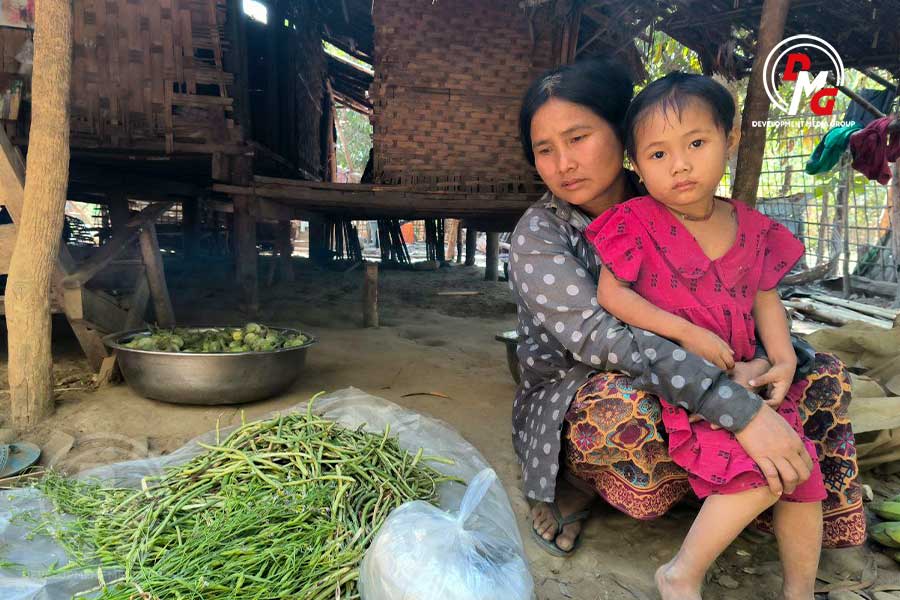
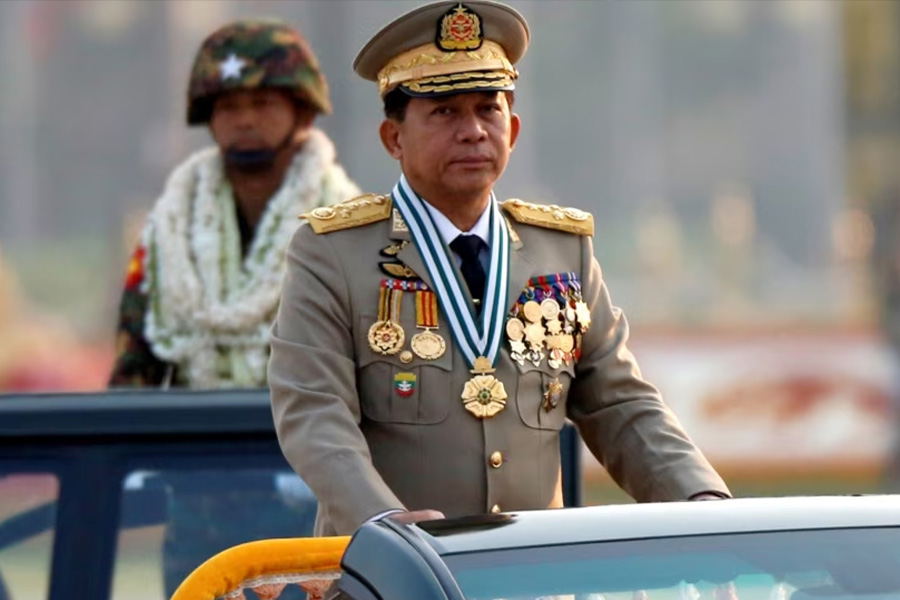
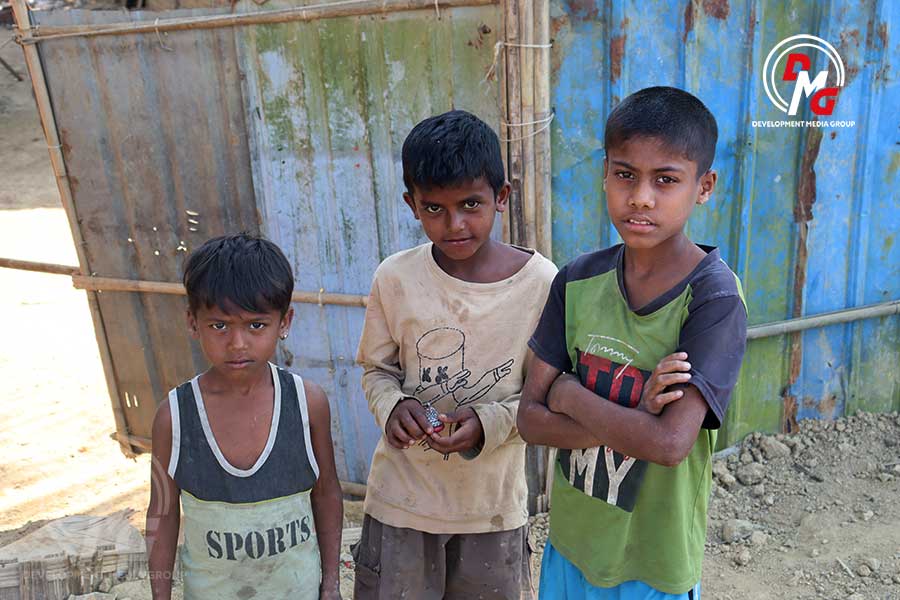
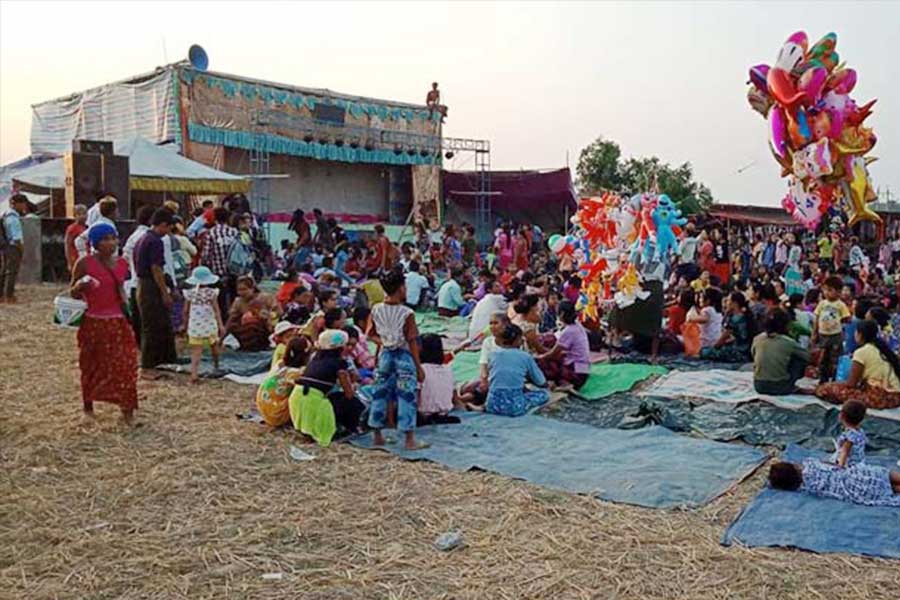








.jpg)